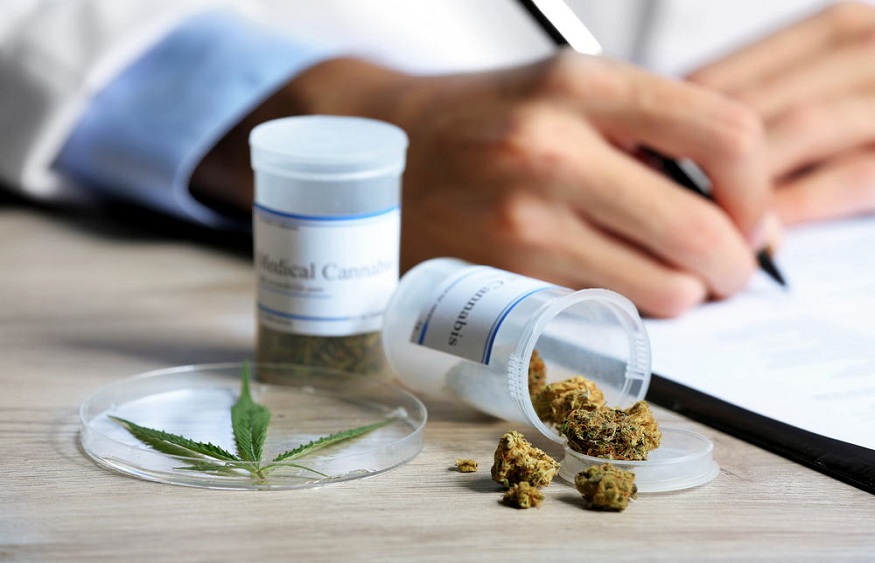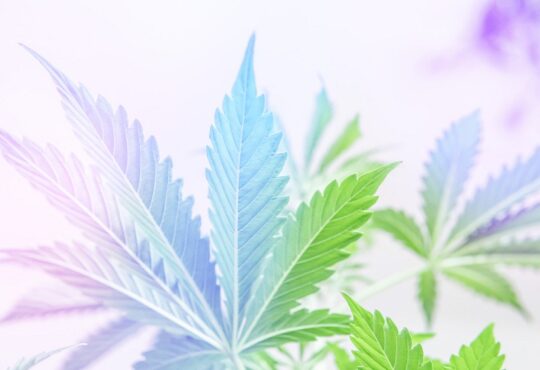
Study: Legal Pot Has Negligible Impact on Tobacco Consumption
If you are among the people concerned that normalizing recreational marijuana would lead to higher smoking rates, a recently released study should lay those fears to rest. The study shows that state legal recreational marijuana has a negligible impact on tobacco consumption. But of course, the study only establishes a link. It does not identify causation.
The study, conducted by researchers at Bentley, Georgia State, and San Diego State Universities is apparently the first of its kind. Researchers looked at data from a number of federal databases to try to understand if smoking rates were at all impacted in states where recreational marijuana was legal.
Statistically Insignificant Impact
Researchers concluded that legalizing recreational marijuana has a statistically insignificant impact on smoking rates. Initially, smoking rates seemed to decline between 0.5 and 0.7 percentage points. Several years after the fact, smoking rate declines occur at a rate between 1.4 and 2.7 percentage points.
Again, the declines are statistically insignificant. They are so small that it is hard for researchers to make any concrete conclusions. The numbers are just not high enough to say that legalizing marijuana is causing people to stop smoking. Therefore, it’s a stretch to say that people are substituting marijuana for tobacco.
Healthcare Savings Are Conjecture
Although cause-and-effect are not established by the study, it is still fair to consider a link between legalized recreational marijuana and lower tobacco consumption. At the very least, the data does show that legalizing marijuana does not encourage people to use tobacco. But that is as far as it goes. Yet researchers went on to make several additional suggestions, all of which are conjecture.
For example, researchers estimate that the number of tobacco smokers could eventually be reduced by more than 5 million as a result of legalized marijuana. If that were the case, they say the healthcare savings could be in excess of $10 billion annually. There is just one problem with that: the vast majority of recreational pot users smoke the plant material. And if smoking remains part of the equation, do not expect billions of dollars in annual healthcare cost reductions.
Smoking Is Still Smoking
We have spent the better part of four decades convincing people not to smoke tobacco. Tobacco smoke contains thousands of dangerous chemicals, many of which are carcinogens. Inhaling it just doesn’t make sense from a health standpoint. But that begs the question of why so few people are speaking out against smoking marijuana.
Smoking is still smoking regardless of the substance at hand. It is still an unhealthy practice, which is why states with medical-only marijuana programs tend to not allow smoking. Utah is one such state. According to Utahmarijuana.org, medical cannabis patients in Utah can dry-heat plant material or use it to make edibles. They cannot smoke it under any circumstances.
Such bans on smoking make sense. If you are a medical user who needs marijuana for a qualifying health condition, it doesn’t make sense to further jeopardize your health by smoking. You can intake THC in other ways.
Looking for Anything Positive
As someone who writes extensively about recreational and medical cannabis, it sometimes seems that researchers are looking for anything positive they can say about the controversial plant. Sometimes it feels like they are grasping at straws. This latest study is an example.
Legal marijuana’s impact on tobacco consumption is negligible, if it has any impact at all. Researchers can only conclude that tobacco rates have not increased in states with legal recreational marijuana. Anything beyond that is conjecture and should be treated as such.




